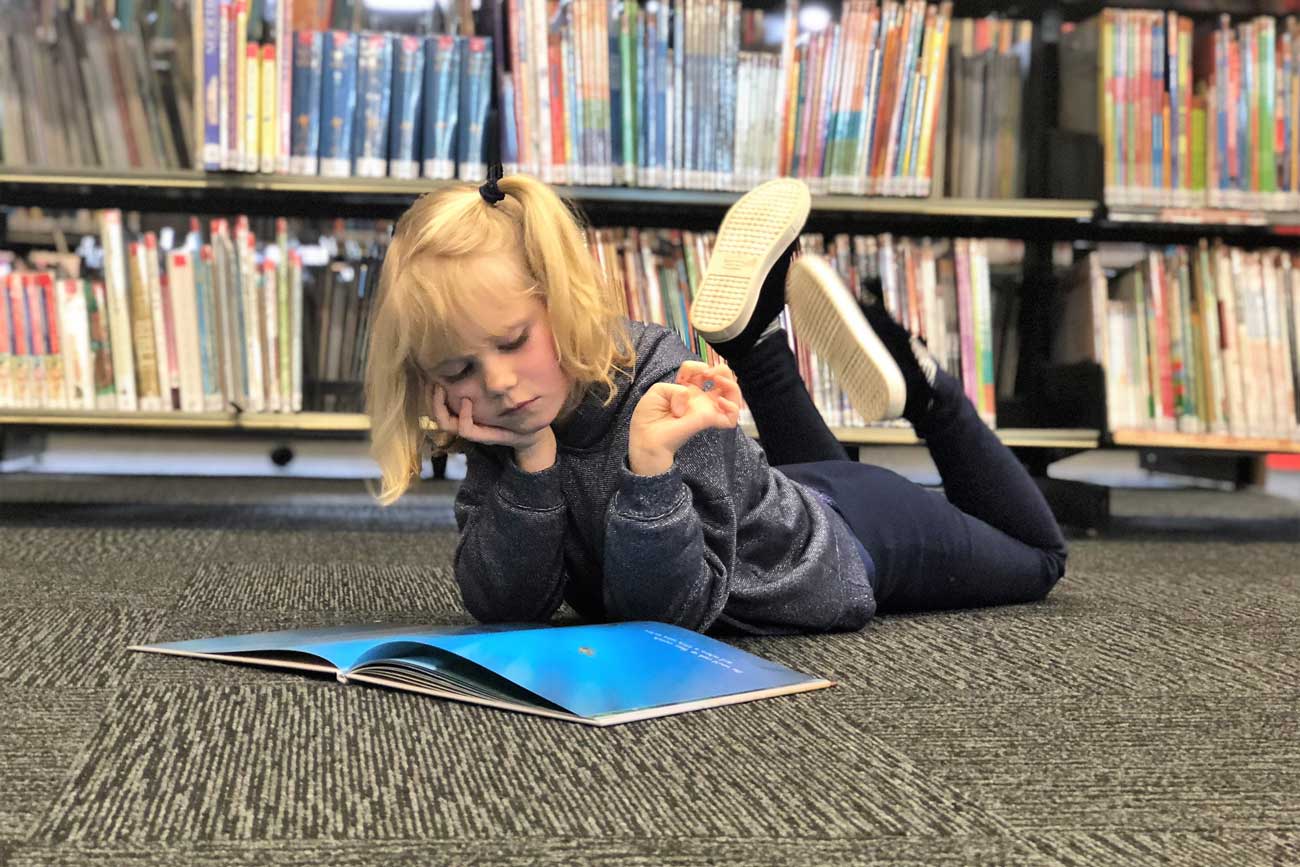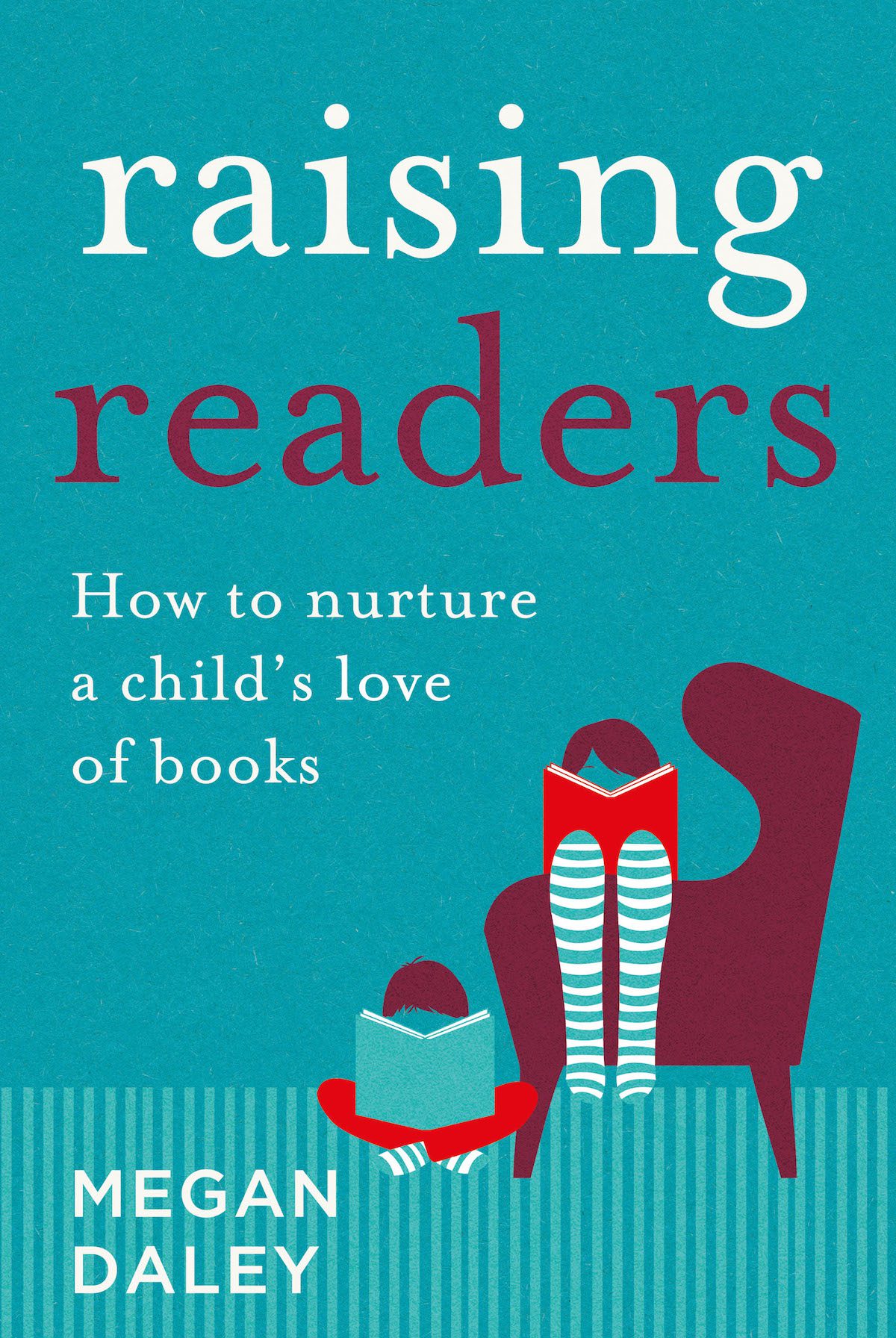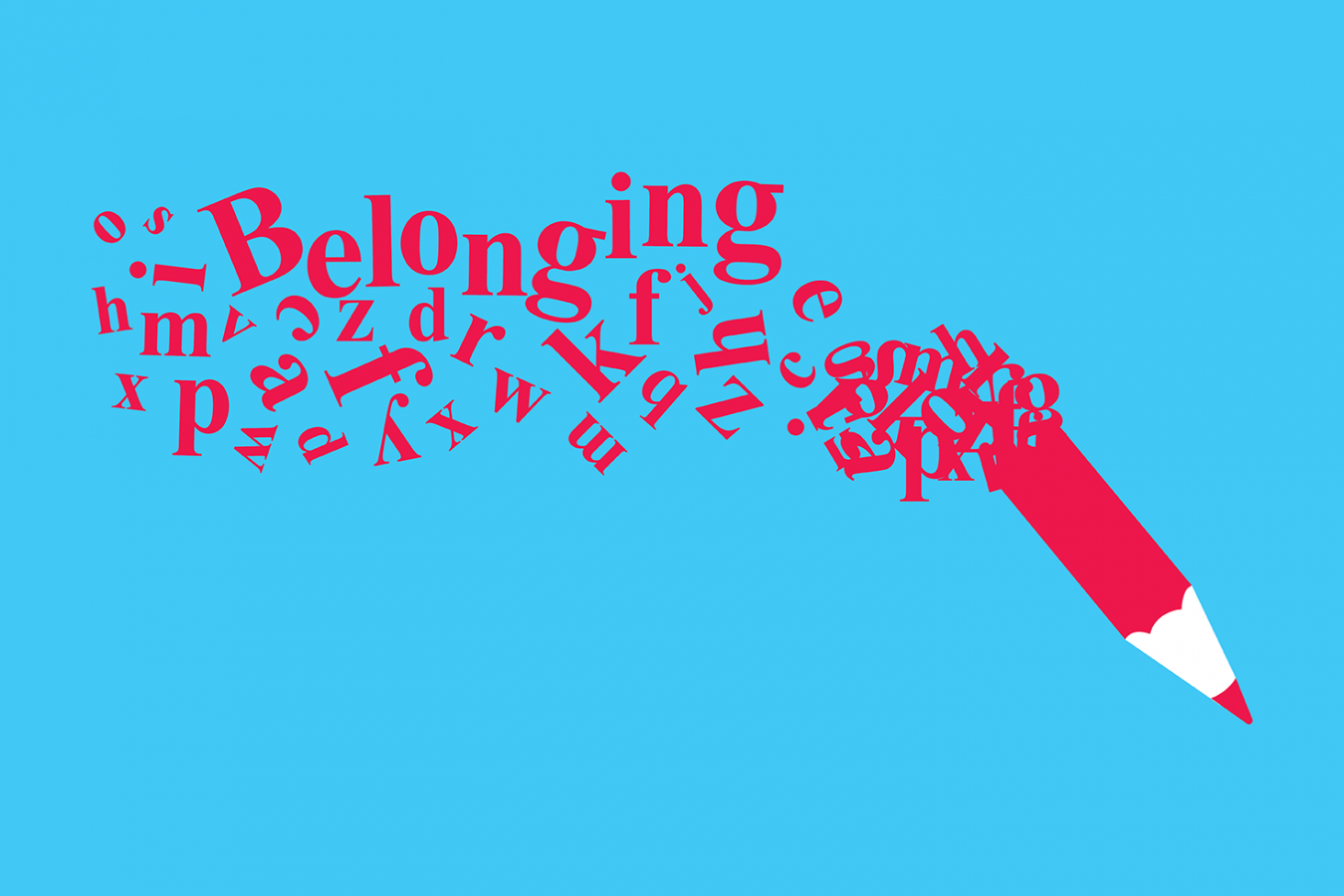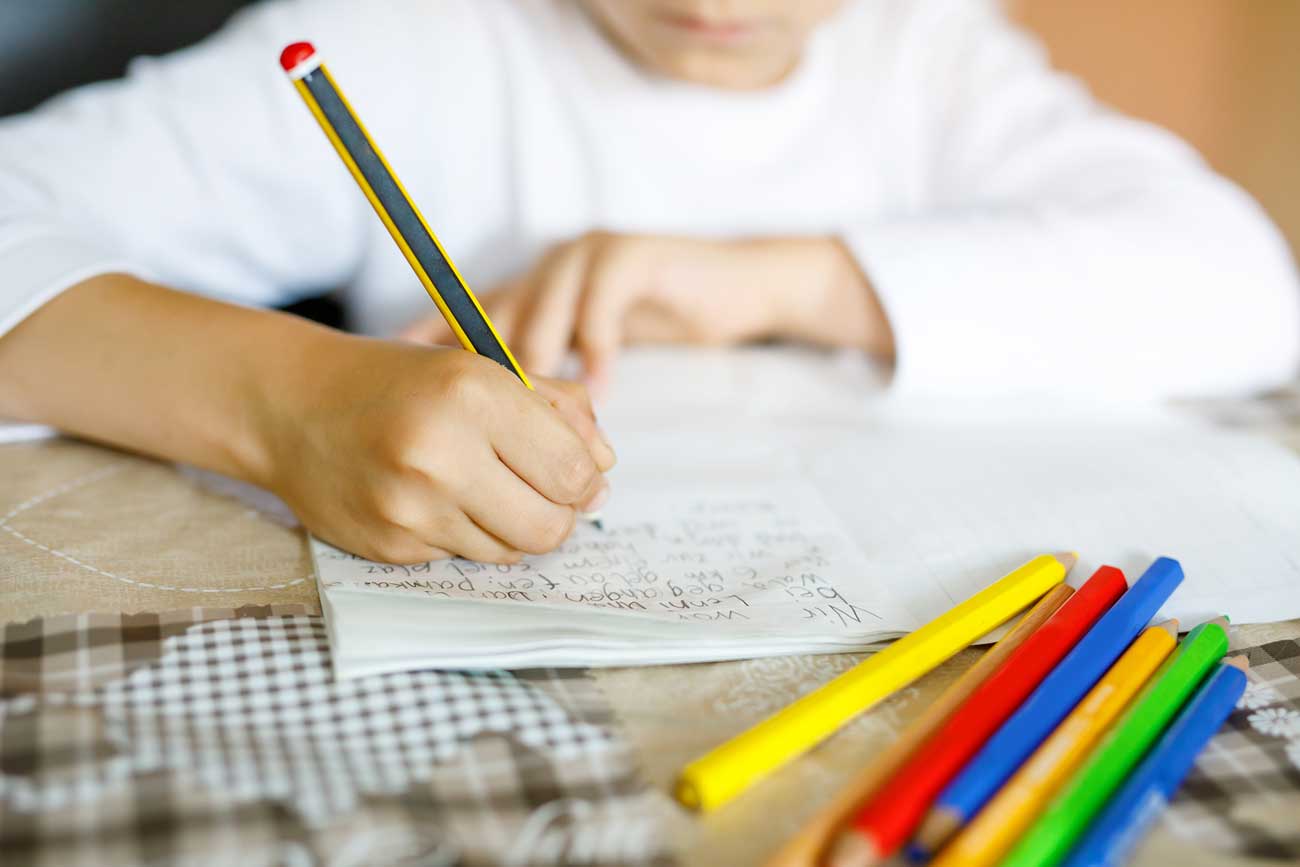
Megan Daley's new book Raising Readers is a go-to resource for parents and educators wanting to instill a joy of reading in children. She talks with Shane Green.
It’s one of the questions Megan Daley – teacher librarian and reading guru – gets asked the most: what’s the ‘right’ age to start reading to children?

For Megan, the answer’s obvious: from birth. During the long hours nursing her two children when they were newborns, she would read out loud to them the books she was reading. Content aside, it was a way of introducing them to the sounds and rhythms of the words.
It was a first step in fostering a love of reading. As she writes in her new book, Raising Readers, she found that the easiest part of parenting.
‘I find being a parent a very hard job at times and every stage of child rearing seems to be filled with guilt,’ she writes. ‘I do, however, feel confident that I will be able to look back and say, “But I read to them and gave them the joy of books” and know that I did my best.’
Cultivating that joy is critical, she tells The Parents’ Website. ‘I think we put such an emphasis on data collection and on testing around literacy in schools,’ she says.
‘But if we don’t develop a starting point of a joy around reading, we’re never going to develop children who deeply love books and love reading into their adult years, becoming lifelong readers.’
Megan’s new book is an invaluable resource for parents and educators wanting to engender that joy in children. The book is deliberately designed so you can dip in and out, and it’s full of practical advice and insights. Well-indexed, it’s a reference book that you can use with ease, punctuated with guest contributions from authors and educators.
Her standing as an expert in the field was already established before the book. Her formal working life is at her teacher librarian’s desk at St Aidan’s Anglican Girls School in Queensland.

The Power of Reading Aloud
She recently was named Queensland Teacher Librarian of the Year by the School Library Association of Queensland. She is also the winner of the national Dromken Librarians Award, presented by the State Library of Victoria.
Then there is her Children’s Books Daily website, which she curates and writes for. It features book reviews, blogs and other resources.
The book seemed a logical step – although initially, she didn’t want to write it. She had just finished speaking at an event for parents and teachers, when she was approached by Kristina Schulz from QUP (Queensland University Press), who told Megan she wanted to get her ‘teacher librarian brain’ into print.
Megan argued that she couldn’t possibly write a book, but the publisher was adamant. Megan was considering doing a PhD, and sought the advice of her father, an academic. ‘I don’t think you should do a PhD,’ he told her, ‘Write a book instead, more people will read it’
Her father makes an appearance in the book, as she tells memories of still being read to by him while she was in her teens.
‘We were very much a family that read and were read to,’ says Megan. ‘I think it’s sad that for a lot of children these days, when they can read a book independently, parents kind of think their job is done.’
Her message for parents is to keep reading to their children, which will also help with their oral presentation skills – something that is becoming increasingly important.
‘Reading aloud is one of the really underrated things that parents could be doing,’ she says. ‘Parents are always so keen to know what more they can do for their children at home They will often ask you about things like extra homework, but as far as I’m concerned, reading out loud would be one of the most important things they can always do for their children.
The digital revolution has touched so many aspects of a child’s education. Rather than being alarmed about the prominence of screens in the lives of children, Megan argues technology could initiate a golden age of reading.
‘We just can’t deny our children the experience of reading digitally, and we can’t get ourselves too worked up,’ she says. ‘If anything, it’s enhanced the reading experience.
‘We can now access beautifully digitalised online storybooks. There’s audio books, there are ebooks, there’s apps for books, there’s books based on games and then there’s gaming technology, which takes a lot from story, particularly fantasy story.’
Raising Readers has a deeply moving chapter, The Dark. In 2017, Megan’s husband Dan suffered a catastrophic heart attack in his sleep and died. Apart from family, friends and other supports, books dealing with grief and emotion helped Megan and her children through this devastating time.
She writes that books of this nature are important for all young people, to help them develop empathy, understanding, compassion and kindness.
Megan talks about the importance of exposing children to the full gamut of literature, not just books that reflect the lighter things in life.
Her own experience following Dan’s death has developed her thinking about the importance of this. ‘What it’s made me realise is that I always knew books about the darker topics were important – I just didn’t know how I was necessarily going to use them with students,’ says Megan.
‘What I would say now to every school, every teacher and every parent is that it’s really good to have a very diverse range books of books, which are both full of joy, and books that are full of sadness.’
Images supplied by Megan Daley.
Like this post? Please share using the buttons on this page.
Subscribe


